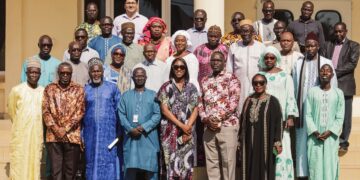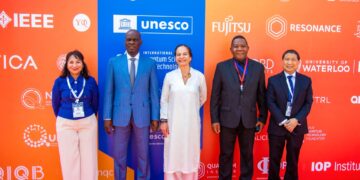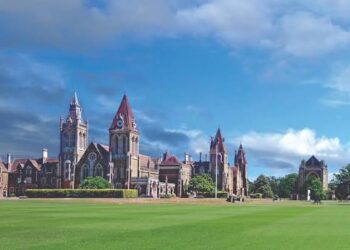As Babcock University prepares for its forthcoming convocation, the occasion serves as a poignant reminder of the remarkable journey the institution has undertaken since attaining university status in 1999.
Established as a faith-based institution by the Seventh-day Adventist Church, Babcock University was among the first private universities to be officially licensed in Nigeria. Grounded in the core values of excellence, integrity, and service, the university has grown not only in size but in influence—emerging as one of the most respected centres of higher learning in the country.
Today, with an enrolment exceeding 20,000 students across several schools and colleges, Babcock enjoys a reputation for academic rigour and moral grounding. Its serene campus in Ilishan-Remo, Ogun State, continues to nurture minds in disciplines ranging from medicine and law to engineering, social sciences, and technology.
More than two decades on, the impact of Babcock’s mission is clearly reflected in the accomplishments of its alumni. Notable among them are tech entrepreneurs Shola Akinlade and Ezra Olubi, co-founders of Paystack, whose innovation has transformed the financial technology landscape in Africa.
From modest beginnings to national and global relevance, Babcock University stands as a testament to what vision, faith, and purpose-driven education can achieve. As it sends forth yet another cohort of graduates, the institution celebrates not just academic success, but a legacy of shaping leaders for a better world.
Brief History
Babcock University traces its roots to 1959, when it was established as the Adventist College of West Africa (ACWA) to train church workers for the West African region. It was later renamed the Adventist Seminary of West Africa (ASWA), before gaining full university status in 1999 and adopting the name Babcock University in honour of David C. Babcock, the pioneering American missionary who brought the Seventh-day Adventist message to Nigeria in the early 20th century.
Since then, Babcock has steadily expanded its academic offerings and infrastructure, becoming a leading light among private universities in Nigeria. The university remains committed to holistic education—blending intellectual development with spiritual growth and societal responsibility.



















































































 EduTimes Africa, a product of Education Times Africa, is a magazine publication that aims to lend its support to close the yawning gap in Africa's educational development.
EduTimes Africa, a product of Education Times Africa, is a magazine publication that aims to lend its support to close the yawning gap in Africa's educational development.